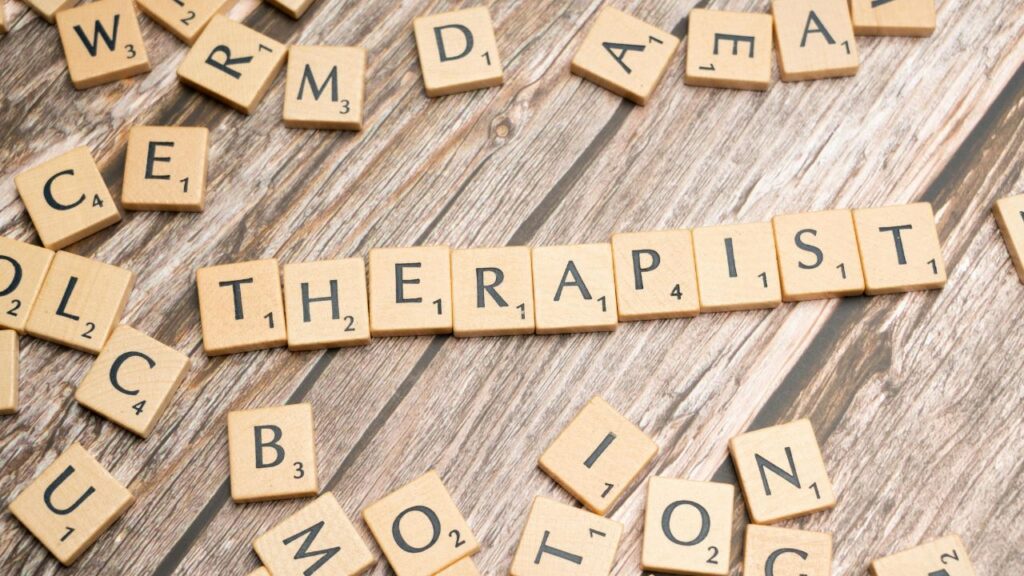Experiencing a psychiatric episode can be a confusing and frightening experience. Recognizing the signs early can make a significant difference in managing mental health conditions and seeking timely help. This comprehensive guide aims to help you understand what a psychiatric episode is, how to identify one, and what steps to take if you suspect you’re experiencing an episode.
Important Disclaimer: It’s crucial to understand that recognizing your own psychotic episode can be extremely difficult without the diagnosis of a trained professional. The information provided in this article is for educational purposes only and should not be used for self-diagnosis. If you suspect you might be experiencing a psychiatric episode, please call emergency services immediately. Call Destination Hope at 954-302-4269 for professional guidance and support.
What is a Psychiatric Episode?
A psychiatric episode refers to a period of time when a person experiences significant changes in their thoughts, emotions, or behaviors due to their mental health condition. These episodes can vary widely depending on the underlying condition and may range from mild to severe.
Common Signs and Symptoms of Psychiatric Episodes
While psychiatric episodes can manifest differently for each individual and condition, there are some common signs to watch for:
Sudden Changes in Mood or Behavior
One of the most noticeable signs of a psychiatric episode is a sudden and significant change in mood or behavior. This might include:
- Extreme mood swings
- Uncharacteristic irritability or anger
- Excessive energy or euphoria
- Profound sadness or hopelessness
Altered Perception of Reality
Some psychiatric episodes may involve changes in how a person perceives the world around them. This could include:
- Hallucinations (seeing, hearing, or feeling things that aren’t there)
- Delusions (strongly held false beliefs)
- Paranoia or suspicious thoughts
Difficulty Concentrating or Making Decisions
Mental clarity often becomes compromised during a psychiatric episode. You might experience:
- Trouble focusing on tasks
- Inability to make simple decisions
- Racing or disorganized thoughts

Changes in Sleep Patterns or Appetite
Significant changes in basic physiological functions can indicate a psychiatric episode:
- Insomnia or sleeping excessively
- Loss of appetite or overeating
- Drastic weight changes
Increased Anxiety or Paranoia
Heightened anxiety is common during many types of psychiatric episodes:
- Excessive worry or fear
- Panic attacks
- Feeling constantly on edge
- Irrational fears about people or situations
Thoughts of Self-Harm or Suicide
In severe cases, a psychiatric episode may involve thoughts of harming oneself or suicidal ideation. These thoughts should always be taken seriously and require immediate professional intervention.
How Symptoms Differ Across Mental Health Conditions
While there are common signs of psychiatric episodes, the specific symptoms can vary depending on the underlying mental health condition:
Bipolar Disorder
Episodes in bipolar disorder typically alternate between manic (high energy, reduced need for sleep, risky behavior) and depressive (low mood, loss of interest, fatigue) states.
Schizophrenia
Schizophrenic episodes often involve hallucinations, delusions, disorganized speech, and reduced emotional expression.
Major Depressive Disorder
Episodes of major depression typically include persistent low mood, loss of interest in activities, changes in sleep and appetite, and feelings of worthlessness.
The Importance of Self-Awareness and Self-Monitoring
Developing self-awareness is crucial in recognizing the early warning signs of a psychiatric episode. Some strategies include:
- Keeping a mood journal
- Using mental health apps for tracking symptoms
- Regular check-ins with yourself about your mental state
- Learning your personal triggers and early warning signs
The Impact of Substance Use on Psychiatric Episodes
Substance use can significantly impact mental health and may trigger or exacerbate psychiatric episodes. Drugs and alcohol can:
- Interfere with medications used to manage mental health conditions
- Worsen existing symptoms
- Trigger new symptoms or episodes
- Mask underlying mental health issues, making diagnosis and treatment more challenging
What to Do If You Suspect You’re Experiencing a Psychiatric Episode
If you believe you might be experiencing a psychiatric episode:
- Reach out to your mental health provider immediately
- Contact a trusted friend or family member for support
- Use coping strategies you’ve learned in therapy
- Avoid making major life decisions during this time
- If you’re having thoughts of self-harm or suicide, call a crisis hotline or go to the nearest emergency room
The Role of a Support System
A strong support system can play a crucial role in identifying and responding to psychiatric episodes:
- Educate friends and family about your condition and its signs
- Develop a communication plan for when you’re not feeling well
- Designate an emergency contact who can make decisions on your behalf if necessary
The Importance of a Crisis Plan
Having a crisis plan in place can provide a roadmap for what to do during a psychiatric episode. Your plan should include:
- Emergency contact numbers
- A list of current medications
- Preferred treatment facilities
- Personal coping strategies
- Triggers to avoid
How Destination Hope Can Help
At Destination Hope, we understand the complexities of managing mental health conditions, especially when they co-occur with substance use disorders. Our comprehensive dual diagnosis treatment programs can help you:
- Learn to recognize your personal warning signs of a psychiatric episode
- Develop effective coping strategies
- Create a personalized crisis plan
- Address any co-occurring substance use issues
- Build a strong support network for long-term recovery
Remember, recognizing the signs of an episode is a crucial step in managing your mental health. If you’re struggling to identify or manage these episodes, professional help is available.
Don’t hesitate to reach out for support. Call Destination Hope today at 954-302-4269 to learn more about our programs and how we can help you on your journey to better mental health.

